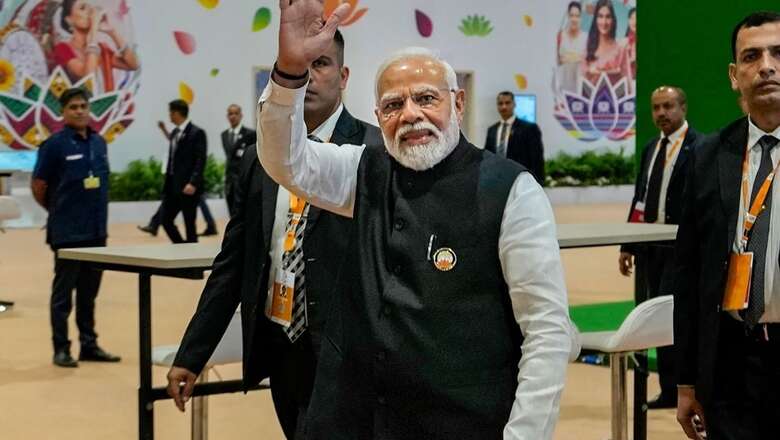
views
It rained twice during the G20 Summit in New Delhi. One forecasted shower veritably encased the Bharat Mandapam in a pearly hue enhancing the scene as only the monsoon can. The other torrent — of effusive praise for Delhi’s masterful statecraft — cast Bharat as an unshakeable bridge uniting the world.
Indeed, Delhi proved all its sceptics wrong. Many had predicted that India’s moment on the global stage would be soured by a lack of consensus on a joint communique. One of the reasons for this, they felt, was that India’s helmsman Narendra Modi’s allegedly divisive tenure in office had diminished India in the eyes of the world. It is well-known that in the run-up to the 2024 general elections a large section of the Opposition has banded together under the label ‘INDIA’ where one of the “I’s” in the acronym stands for “Inclusive”. The word “Inclusive” was deliberately added to stress that India is now wracked by a million-a-minute mutinies said to have been unleashed by the “corrosive and exclusivist vision of the BJP” under Prime Minister Modi. That a Delhi dispensation shorn of credibility couldn’t possibly summon the moral authority needed to remind disparate world powers of their obligation to unite in the larger interest of humanity.
But as we now know the sceptics are wrong. Spectacularly wrong. As they snidely wished the worst for “inka G20” (Modi’s, not Bharat’s G20, mind you) as one politician described it the elite summiteers in attendance not only heeded the Indian Prime Minister’s wish, but they also bought into his “sabka G20” vision.
Truly, aside from Delhi’s skillful delivery of the G20 Delhi Declaration document, Modi’s desire to reshape global institutions by making them more diverse and thus more representative resulted in the African Union being granted a permanent member status. And when one thought this unprecedented accomplishment couldn’t be topped, India pulled another rabbit out of its hat. Prime Minister Modi, not only managed to thaw deeply frozen and intensely bitter United States-Saudi ties but has even locked the two nations into fashioning a new trade route. The epochal India-Middle East-Europe Economic Corridor (IMEE-EC) could have the same transformative impact on the global economy that the opening of the Suez-Canal had in 1869. What’s more, India’s velvet diplomacy even softened Türkiye’s strongman Recep Erdogan. No cheerleader of India, Erdogan couldn’t help but bring himself to back India’s bid for a permanent seat in the United Nation Security Council.
The unprecedented breakthroughs have allowed Bharat to clearly establish that its mantra for the summit — “Vasudhaiva Kutumbakam” (One World, One Family, One Future) wasn’t a hollow one but carried moral agency precisely because it was a cherished and well-practiced belief.
Only the most ulcerous would deny that Bharat’s emergence as a persuasive spokesperson for the diversity and vitality of Africa and a credible interlocutor for the Islamic theocracies of the Middle East is not a testament to its acceptability as a force of global good. A country, said to be stained by blood spilt by a Hindu majoritarian government, would not have been successful in earning the good faith and good will of several Islamic nations cloistered between the Arabian Sea and the Atlantic. In the words of the chairperson of the African Union, Azali Assoumani, “India is the world’s fifth superpower now.”
Plainly, this endorsement of the inclusive civilisational philosophy that drives Bharat’s rise is far from the picture that is painted by an ecosystem at home and abroad. With the facts arrayed before you, do you still believe that the high priests of the NDA need to pay a visit to a “mohabat ki dukaan” to acquire the glue of amity to “jodo” Bharat? Your answer could well determine the fate of “INDIA” (pun intended) in May 2024.











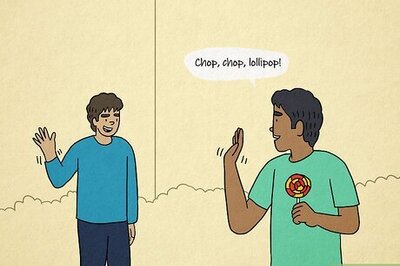
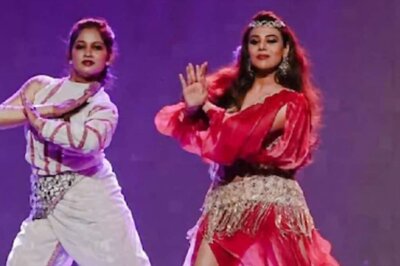
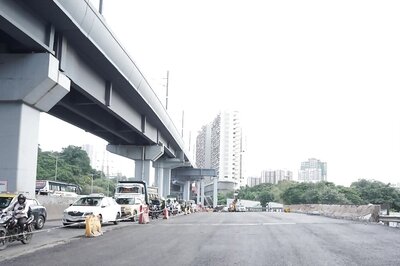



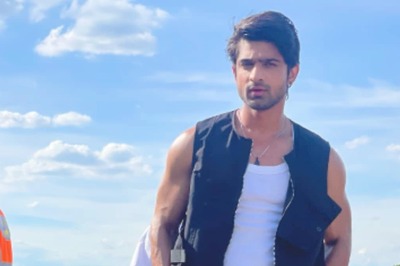
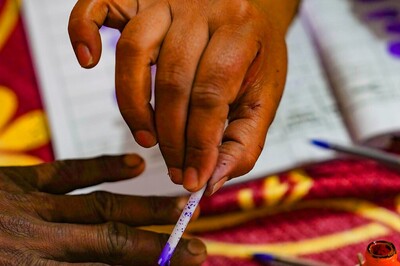
Comments
0 comment